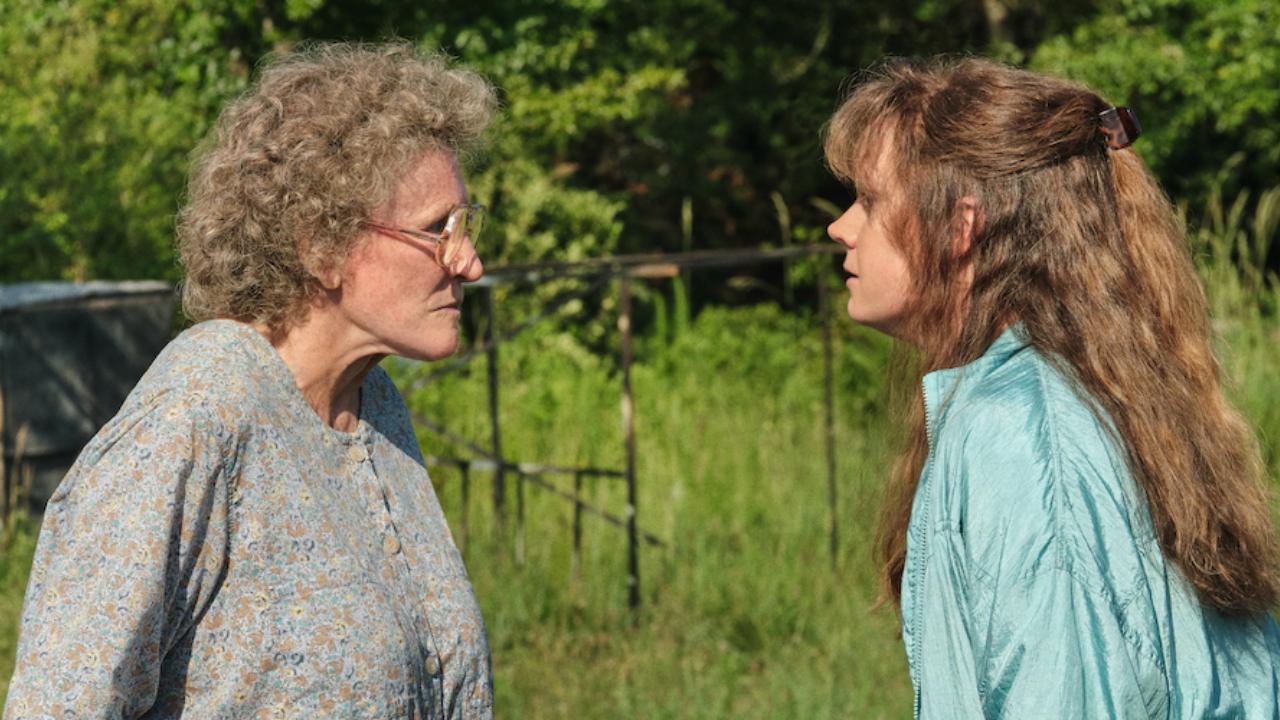Home / Entertainment / Hollywood News / Article /
Hillbilly Elegy movie review: An eloquent requiem to tough love and perseverance
Updated On: 03 August, 2024 05:02 PM IST | Los Angeles | Johnson Thomas
Howard engages the viewer through a widescreen lens that captures the white-trash vibe competently. It’s a sympathetic portrayal that zeroes in on class markers

Hillbilly Elegy movie review
Film: Hillbilly Elegy
Cast: Amy Adams, Glenn Close, Gabriel Basso, Owen Asztalos, Freida Pinto
Director: Ron Howard
Rating: 3/5
Runtime: 116 min
Donald Trump’s current Republican VP running mate J. D. Vance who was once Trump’s highly vocal opponent and reviled for his ‘Childless Cat Ladies’ remarks on social media, is better known in India for his marriage to Indian American Usha Chilukuri. Named James Donald Bowman at birth, he changed his last name to Vance, his maternal grandparents’ name, shortly before his marriage in 2014. This film under review though is not about his marriage or his name change. It’s about his life and achievements before that.
A character-based memoir based on Vance’s book ‘Hillbilly Elegy,’ the narrative chronicles Vance’s life as a teenager and a graduate student. In the film Gabriel Basso plays Vance as an adult and Owen Asztalos plays him as a kid. As is common in book-to-screen adaptations some of the characters in the book have been dropped and some others have been merged. Howard and screenwriter Vanessa Taylor also choose to keep out sections that dealt with Vance’s political leanings and his criticisms about Hillbilly culture. So what we get is not exactly an altogether faithful adaptation -it’s more of a decluttered one.



